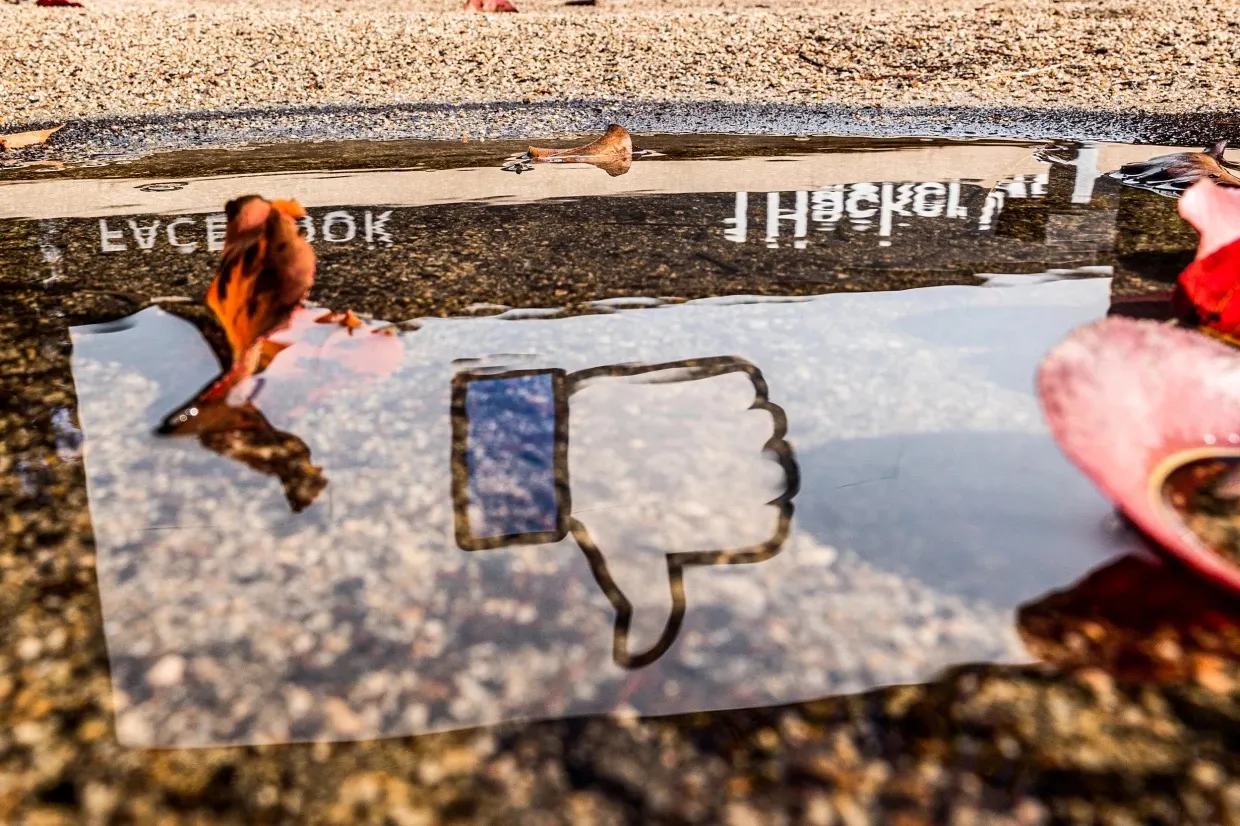While working on Mee use cases (e.g. log in with wallet, issuance of VC credentials, etc.) we encountered a familiar challenge: the RP needs to know about the person’s providers (e.g. OpenIDConnect provider, self-sovereign identifier, wallet provider, age verification provider, consent management provider, etc.) so it can display appropriate buttons/choices.
To solve this, we came up with a lightweight, general-purpose spec that can be used by any RP to learn about, adapt to, and take advantage of many kinds of providers that a person might have. It is at https://mysignals.org
We’d love to get feedback and see if this is something that others can use. Send us an email at contact@mee.foundation.

